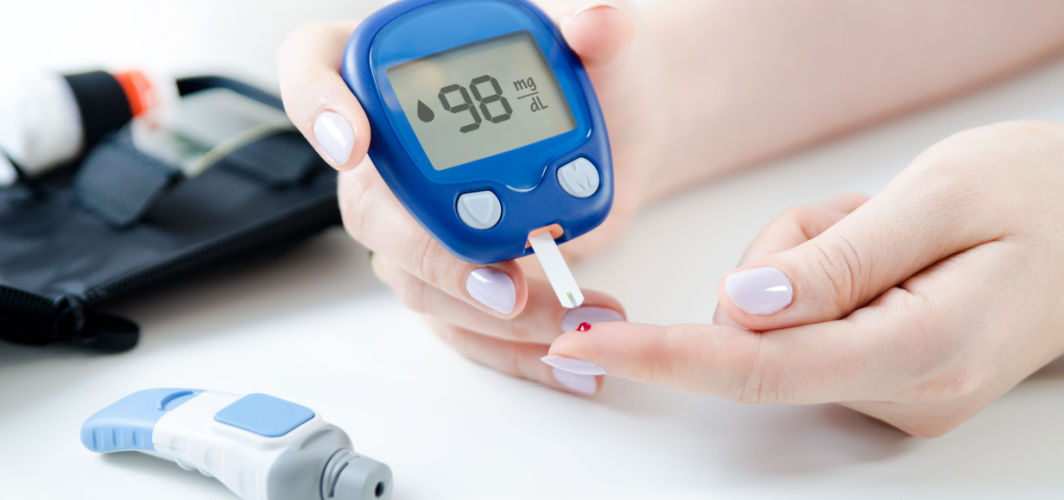Diabetes Management
Sugar Substitutes for Prediabetic Individuals: Exploring Safety
1 min read
By Apollo 24|7, Published on - 25 April 2024
Share this article
0
0 like
.jpg?tr=q-80)
Switching to sugar substitutes is a common approach for individuals diagnosed with prediabetes. The question, however, remains - are these non-sugar sweeteners (NSS) completely safe? Let's explore this topic by bringing in recent research and guidelines to provide you with accurate information.
Understanding NSS and their Use in India
NSS are widely used in India as an alternative to sugar. They find their way into various food and beverage products. The Food Safety and Standards Authority of India (FSSAI) has approved six artificial sweeteners for use, namely saccharin sodium, aspartame, acesulfame potassium, sucralose, neotame, and cyclamates.
Assessing NSS Safety: Findings from the World Health Organization
Recently, the World Health Organization (WHO) put forth conditional guidelines suggesting that NSS do not aid in weight loss or control in the long term. The guidelines were developed after a systematic review of available evidence, which signals potential undesirable effects of long-term use of NSS. These include an increased risk of type 2 diabetes, cardiovascular diseases, and mortality in adults.
India's Response to WHO Guidelines
The FSSAI is assessing these WHO guidelines and has invited independent experts to contribute to the discussion on the potential impact of artificial sweeteners on health in India. The aim is to foster dialogue among various stakeholders, including experts, industry representatives, and consumer advocates, around WHO's report.
While sugar substitutes are widely used in India, it's important to understand that long-term use of NSS may pose health risks as per recent WHO guidelines and FSSAI's assessment. Thus, consumers should be mindful of these potential risks. Consider consuming food with naturally occurring sugars, like fruits, or opting for unsweetened food and beverages.
Diabetes Management
Consult Top Diabetologists
View AllLeave Comment
Recommended for you

Diabetes Management
6 Tips To Prepare For Diabetes Test
Prepare for a blood sugar test: fast for 8-12 hours, follow provider's fasting advice, adjust medications with provider's guidance, stay hydrated with water, wear comfy clothes, avoid smoking. Test duration varies, discomfort minimal. Results interpreted based on normal, prediabetes, or diabetes ranges for A1C, fasting blood sugar, glucose tolerance, and random blood sugar tests.

Diabetes Management
Balancing Diabetes and Sports Nutrition: The Power of Strategy
Navigating the world of sports with diabetes can seem daunting. However, with a strategic and personalised approach to nutrition, you can maintain optimal performance levels while effectively managing your diabetes. Understanding the importance of carbohydrate intake, implementing tailored nutritional strategies for different stages of competition, and acknowledging specific recovery challenges will empower you as an athlete living with diabetes.
.jpg?tr=q-80)
Diabetes Management
Comprehensive Diabetes Test Panel for Early Diagnosis: Understanding and Diagnosing Diabetes Before Symptoms Appear
Worried about diabetes? Discover how a full diabetes test panel—including HbA1c, FBS, PPBS, and kidney tests—can detect early signs before symptoms appear and help prevent complications.
Subscribe
Sign up for our free Health Library Daily Newsletter
Get doctor-approved health tips, news, and more.
Visual Stories

8 Fruits That are Incredibly Healthy for Diabetes
Tap to continue exploring
Recommended for you

Diabetes Management
6 Tips To Prepare For Diabetes Test
Prepare for a blood sugar test: fast for 8-12 hours, follow provider's fasting advice, adjust medications with provider's guidance, stay hydrated with water, wear comfy clothes, avoid smoking. Test duration varies, discomfort minimal. Results interpreted based on normal, prediabetes, or diabetes ranges for A1C, fasting blood sugar, glucose tolerance, and random blood sugar tests.

Diabetes Management
Balancing Diabetes and Sports Nutrition: The Power of Strategy
Navigating the world of sports with diabetes can seem daunting. However, with a strategic and personalised approach to nutrition, you can maintain optimal performance levels while effectively managing your diabetes. Understanding the importance of carbohydrate intake, implementing tailored nutritional strategies for different stages of competition, and acknowledging specific recovery challenges will empower you as an athlete living with diabetes.
.jpg?tr=q-80)
Diabetes Management
Comprehensive Diabetes Test Panel for Early Diagnosis: Understanding and Diagnosing Diabetes Before Symptoms Appear
Worried about diabetes? Discover how a full diabetes test panel—including HbA1c, FBS, PPBS, and kidney tests—can detect early signs before symptoms appear and help prevent complications.
